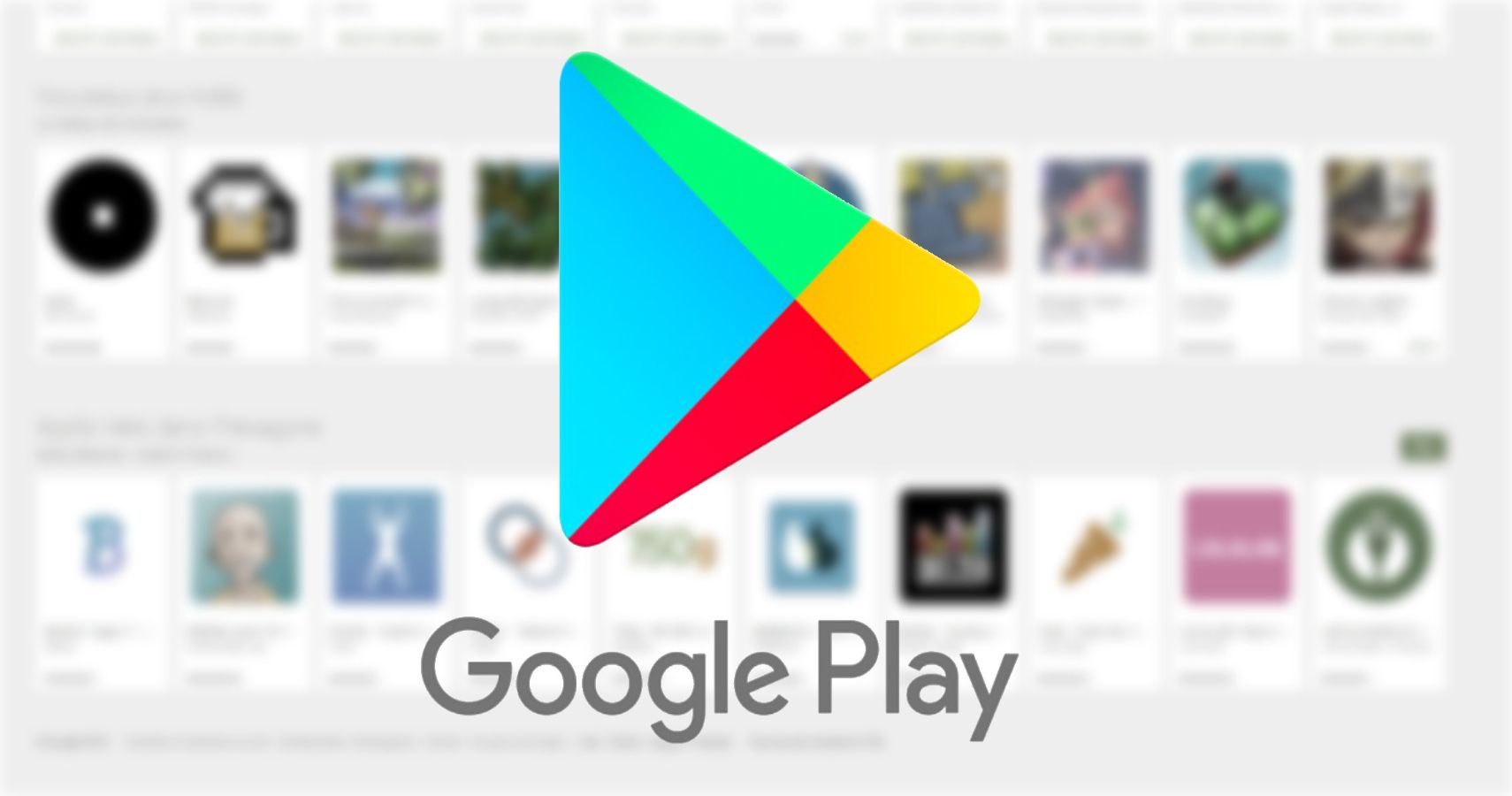Google’s Play Store will now require games with loot boxes to disclose their odds. The moves follows the recent trend of rebuking mechanisms that can form addiction in children, and will shed light on certain games with pay-to-Win tactics. The new policy mirrors the decision by the Apple App Store to do the same, all within a larger scope of how loot boxes should be regulated.
The sale of randomized loot boxes that can be acquired for real money, even those that are slowly acquired through gameplay, is a hot topic of discussion on many fronts. Lawmakers in the United States are currently being led by Republican senator Josh Hawley to act now on restricting addictive practices targeted at children.
Belgium is ahead of the curve on this topic, as they recently took a firm stance with loot boxes. Rather than being a part of the game, they now consider these mechanisms as a form of gambling, with well-known company Nintendo being forced to withdraw two popular titles, Fire Emblem Heroes and Animal Crossing: Pocket Camp, from the country.
China, meanwhile, has also worked towards dealing with this issue, requiring game companies to disclose the odds of their loot boxes or similar items in 2017. However, the effectiveness of these requirements is low in some cases, as some companies bypass the spirit of the law without consequence. Hearthstone is wildly popular in China, and the requirement meant that developer Blizzard Entertainment would not be allowed to sell card packs there without disclosing this information, which is problematic for the company as that is how the game is monetized and its primary source of revenue.
Blizzard instead stopped selling card packs, now giving them away for “free” with the purchase of a tiny portion of “Arcane Dust,” which is an in-game crafting material. The price did not change, since in essence, the buyer is receiving the same items as before, along with the dust which is likely valued at pennies, at most. Surprisingly, this has been accepted despite being an obvious workaround to the spirit of the law.
Presently, all existing apps within the Google Play Store will have until September 1st to comply. Although the information will be invaluable, consumers will still need to research for themselves what exactly the odds represent for their dollars.
However, this new shift in policy must be considered as an overall positive development in the video game industry. Game developers should never be allowed to establish mechanics that breed addiction in children, or in adults. This may simply be another step in the long road to abolishing such predatory behavior, but it is a welcome and necessary one.



